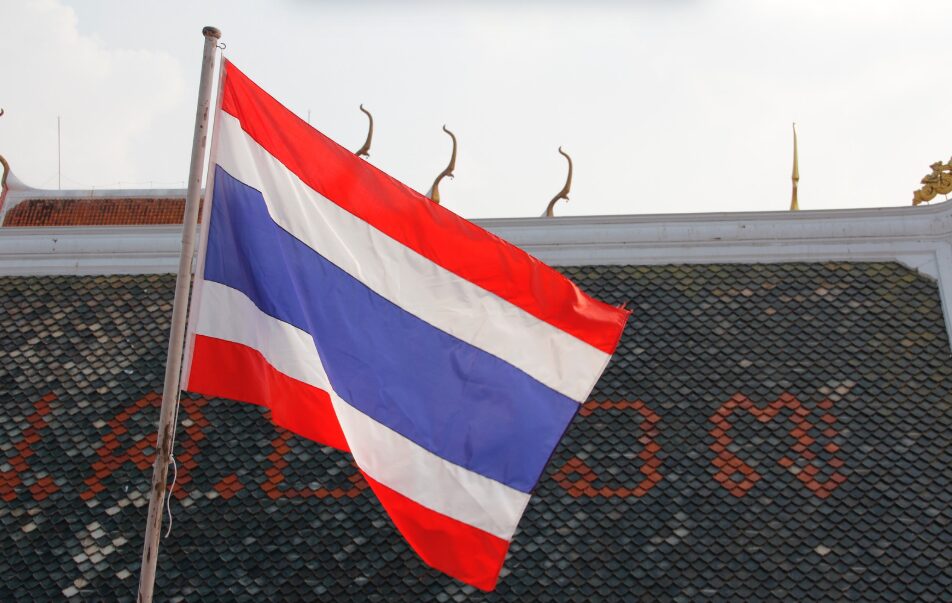Date first published: 03/07/2025
Key sectors: all
Key risks: government instability; political instability; coup d’etat
Risk development
On 1 July Bangkok’s Constitutional Court suspended Prime Minister Paetongtarn Shinawatra from all duties pending an ethics violation case. The case covers the contents of her phone call with former Cambodian prime minister Hun Sen, intended to de-escalate tensions after the 28 May border clash near Nam Yuen, Ubon Ratchathani province. During the call, Shinawatra dismissed a Thai general, addressing him as “an opponent”, and referred to Hun as “uncle”. On 18 June the ruling coalition’s second-largest party, the Bhumjaithai Party, withdrew from cooperation with Shinawatra’s ruling Pheu Thai party, stating that Shinawatra had insulted the military and country. On 24 June Bhumjaithai further announced that a vote of no confidence would be held as soon as parliament re-convened on 3 July, although it was postponed on the day it was scheduled to allow time for the Constitutional Court’s ethics review to proceed.
Why it matters
The nature of the call has considerably increased short-term risks to political stability. The departure of the Bhumjaithai Party from the ruling coalition has left Shinawatra and the Pheu Thai-led coalition with a thin majority of only seven seats in parliament. Simultaneously, the 24 June announcement of Bhumjaithai’s vote of no confidence – which was delayed on 3 July – and Shinawatra’s suspension from office on 1 July have opened several avenues by which a transfer of power may take place.
The pattern further matches the context of the country’s two most recent coups d’etat against members of the Shinawatra family. In 2006 the military staged a coup against former prime minister Thaksin Shinawatra – Paetongtarn’s father – amid a period of heightened political crisis. In 2014 the military staged another coup shortly after former prime minister Yingluck Shinawatra – Paetongtarn’s aunt – was impeached over a dereliction of duty.
Background
On 28 May one Cambodian soldier was killed after Thai and Cambodian forces clashed near a disputed zone less than 50 km from the Chong Bok border crossing in Nam Yuen district, Ubon Ratchathani province. While clashes over the border did not continue or intensify, on 15 June Phnom Penh formally appealed to the International Court of Justice (ICJ) for mediation over the issue. Bangkok and Phnom Penh slowly entered a tit-for-tat escalation, banning the cross-border transit of food, labour and tourism before Thailand fully closed its land border with Cambodia on 24 June. Shortly after the 18 June leaked audio of Shinawatra’s phone call with Hun Sen, protests emerged in major cities across Thailand, including Bangkok, Phuket, Phattalung, Phitsanulok, Nakhon Si Thammarat and Nakhon Ratchasima. Some conservative, pro-monarchy groups branded Shinawatra “a traitor with no negotiation skills” at a mass rally in Dusit district, Bangkok, on 28 June.
Risk outlook
Prime Minister Paetongtarn Shinawatra will likely be removed from office in the short term. If the Constitutional Court removes her from office, her successor – Interior Minister and Interim Prime Minister Phumtham Wechayachai – is broadly expected to hold snap elections to secure a new mandate. If Shinawatra is not removed, she will proceed as a weakened, unpopular prime minister with a narrow margin in parliament. However, given the most recent precedent for a coup d’etat taking place after Yingluck Shinawatra was removed from office in 2014, the risk of the military staging a violent transition of power away from civilian politics will remain elevated in the coming weeks.

